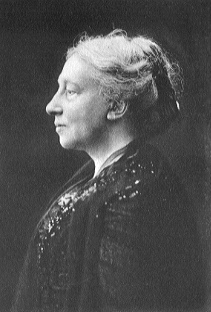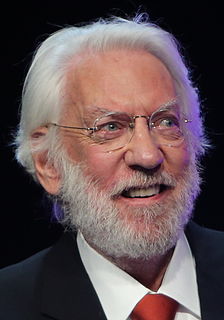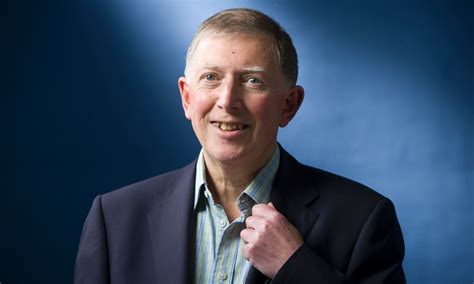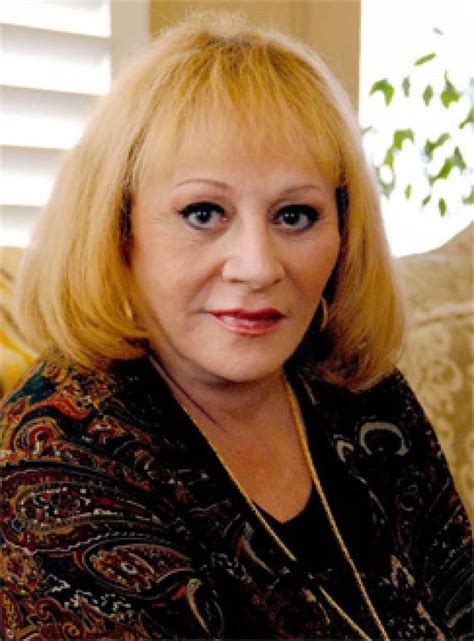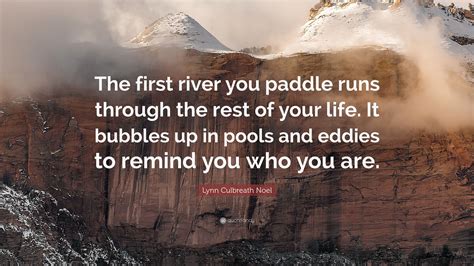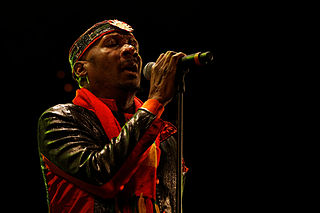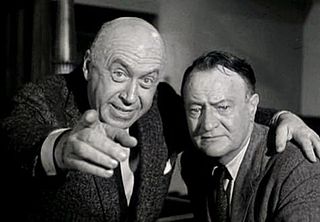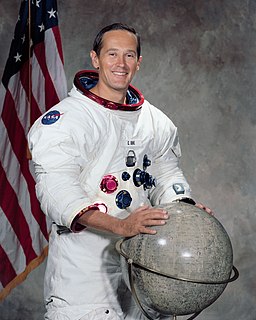A Quote by Lady Gregory
When I was a child and came with my elders to Galway for their salmon fishing in the river that rushes past the gaol, I used to look with awe at the window where men were hung, and the dark, closed gate.
Related Quotes
When I was a young girl salmon fishing with my father in the Straits of Juan de Fuca in Washington State I used to lean out over the water and try to look past my own face, past the reflection of the boat, past the sun and darkness, down to where the fish were surely swimming. I made up charm songs and word-hopes to tempt the fish, to cause them to mean biting my hook. I believed they would do it if I asked them well and patiently and with the right hope. I am writing my poems like this. I have used the fabric and the people of my life as the bait.
Let’s think of reverence as awe, as presence in and openness to the world…Try walking around with a child who’s going, ‘Wow, wow! Look at that dirty dog! Look at that burned-down house! Look at that red sky!’ And the child points, and you look, and you see, and you start going, ‘Wow! Look at that huge crazy hedge! Look at that teeny little baby! Look at the scary dark cloud!’ I think this is how we are supposed to be in the world – present and in awe.
When you shoot a film, when it was film, there used to be rushes and normally a director would look at them the next day. All directors look at the rushes, except for Fellini. I asked him why he didn't and said, "Because it interrupts my fantasy." What he was trying to say was that he had a three-dimensional, vibrant, living, volatile fantasy going on in his head, and when he looked at rushes, they were two-dimensional and they killed it.
It would be a miracle of God if it happened. I know it... If God wills it, the summer rains will fill the wadis... and the salmon will run the river. And then my countrymen... all classes and manner of men-will stand side by side and fish for the salmon. And their natures, too, will be changed. They will feel the enchantment of this silver fish... and then when talk turns to what this tribe said or that tribe did... then someone will say, Let us arise, and go fishing.
As I walked out one evening, Walking down Bristol Street, The crowds upon the pavement Were fields of harvest wheat. And down by the brimming river I heard a lover sing Under an arch of the railway: 'Love has no ending. 'I'll love you, dear, I'll love you Till China and Africa meet, And the river jumps over the mountain And the salmon sing in the street, 'I'll love you till the ocean Is folded and hung up to dry And the seven stars go squawking Like geese about the sky.
I had seen that look before, on the faces of tourists visiting the Texas Book Depository in Dallas where Lee Harvey Oswald took the shots at JFK. I took that tour and met some conspiracy buffs, all of us standing at the gunman’s window and looking down to the spot where the motorcade passed. It’s right there below the window, an easy shot at a slow-moving car. No mystery, just a kid and a rifle and a tragedy. They came looking for dark and terrible revelations and instead found out something even more dark and terrible: that their lives were trite and boring.
The ancient Irish bards knew the Salmon of Knowledge as the giver of all life's wisdom. In the salmon's leap of understanding like a leap of faith, we can see ourselves "in our element," immersed in the river of life. The cycle of the salmon's journey reminds us that all rivers flow to the same sea.
There were once two sisters who were not afriad of the dark because the dark was full of the other's voice across the room, because even when the night was thick and starless they walked home together from the river seeing who could last the longest without turning on her flashlight, not afraid because sometimes in the pitch of night they'd lie on their backs in the middle of the path and look up until the stars came back and when they did, they'd reach their arms up to touch them and did.
What distinguishes the historical social system we are calling historical capitalism is that in this historical system capital came to be used (invested) in a very special way. It came to be used with the primary objective or intent of self-expansion. In this system, past accumulations were 'capital' only to the extend they were used to accumulate more of the same.
I was a lonely child. My brother Tony and I were never very close, neither as children nor as adults, but I was tightly bound to him. We were forced to be together because we were really quite alone. We were in the middle of the Irish countryside, in County Galway, in the West of Ireland, and we didn't see many other kids.
